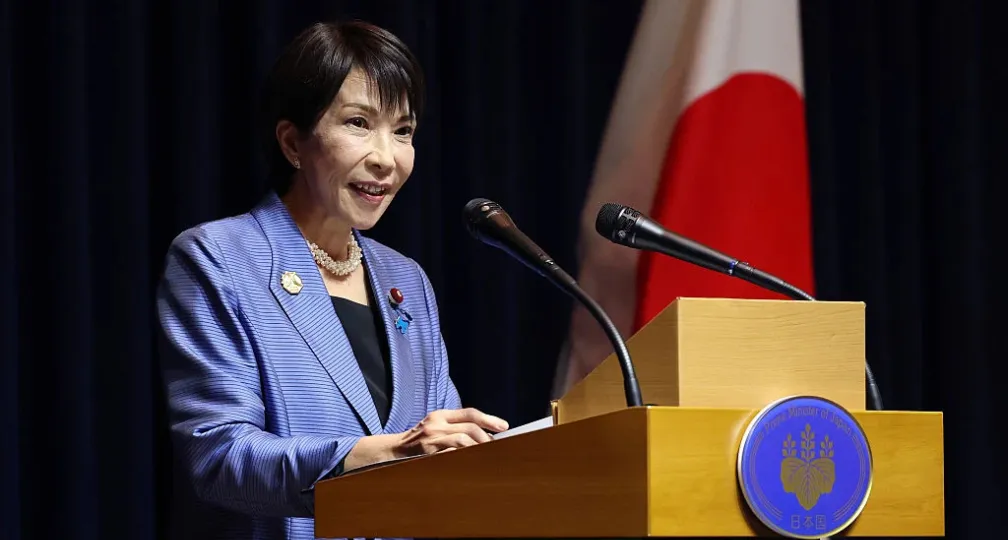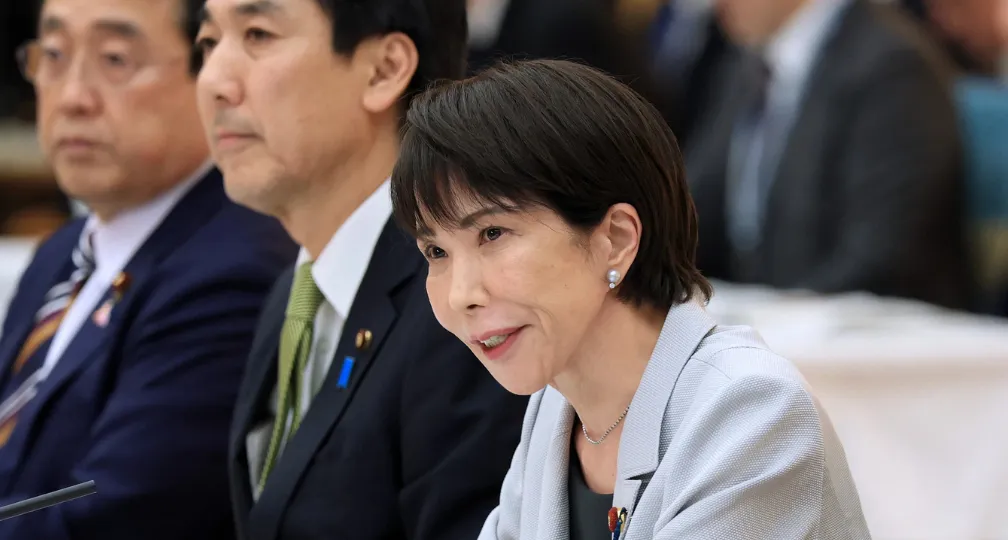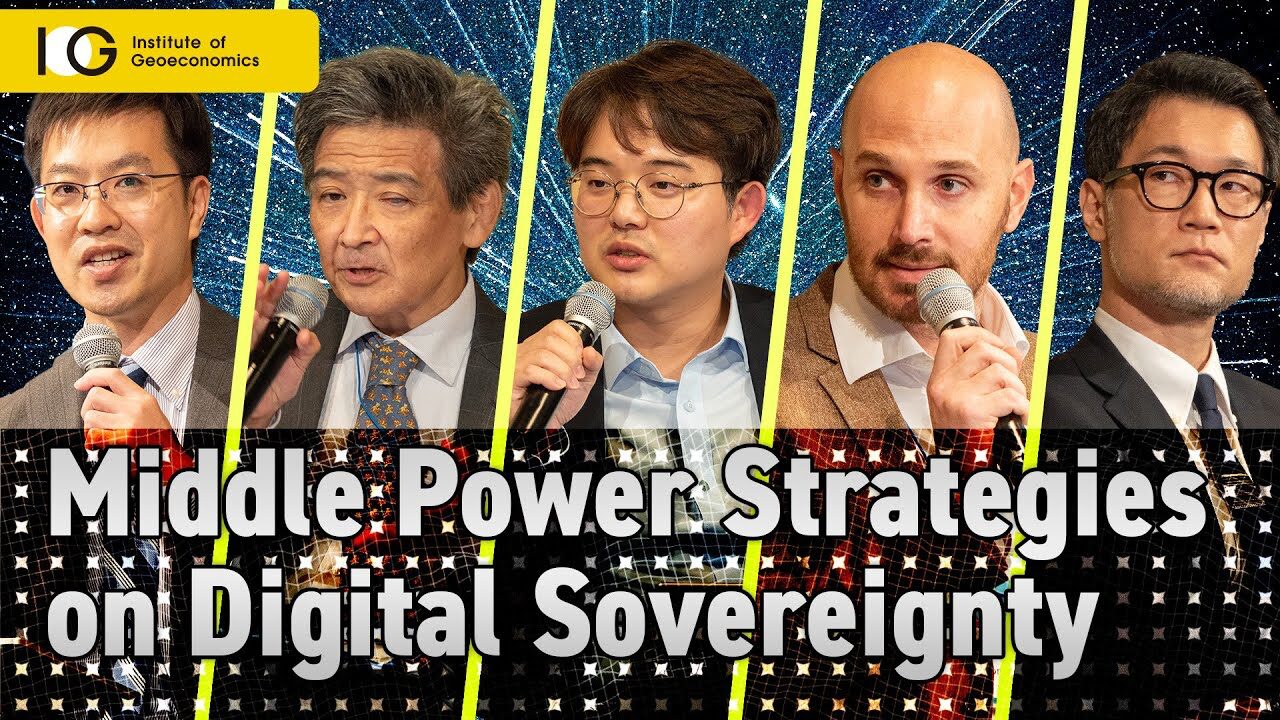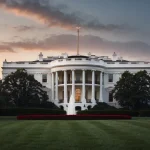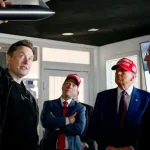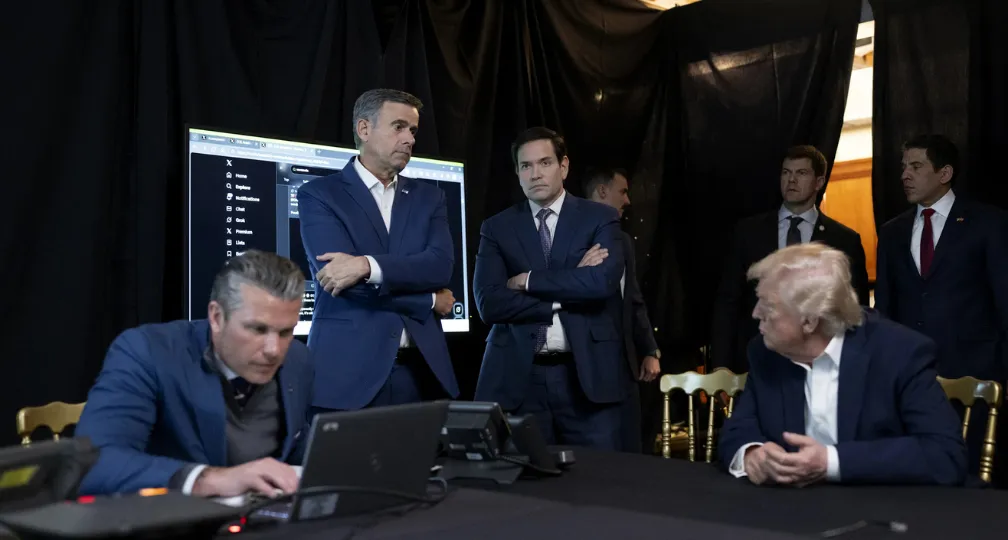IOG Economic Intelligence Report (Vol. 3 No. 19)
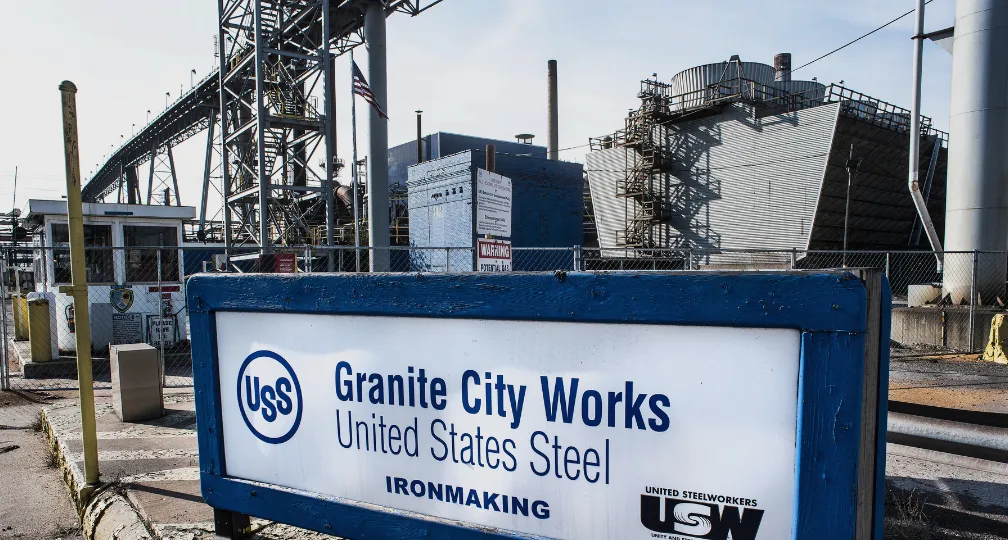
The latest regulatory developments on economic security & geoeconomics
U.S. Raises Tariffs: The Office of the U.S. Trade Representative (USTR) made a final determination on proposed tariff increases in May, adding tariffs on billions of dollars in goods from China. The increases include a 100 percent tariff on electric vehicles (EVs) from China, a 50 percent increase on imports of semiconductors and solar cells, and 25 percent on battery parts and critical minerals. Most increases will go into effect on September 27, with those on semiconductors going into effect next years and tariffs on graphite will go into effect in 2026. The tariffs, initiated by Donald Trump in 2018, are being implemented under Section 301 of the Trade Act of 1974 which authorizes the president to implement tariffs to induce a foreign government to remove a measure which discriminates or unfairly disadvantages U.S. business.
New U.S. Export Controls: On Friday, September 6 the U.S. Department of Commerce announced a new series of export controls on quantum computers and components, advanced chipmaking tools, additive manufacturing (3D printing), and gate-all-around field-effect transistor (GAAFET) technology. The technologies targeted are essential for developing artificial intelligence (AI) technologies and include exemptions for countries that impose similar measures, such as Japan and the Netherlands in the case of past export controls. There will be a 60 day public comment period before the final rules are announced.
The Netherlands Announces Licensing Requirements: The Netherlands introduced a measure that requires producers of advanced semiconductor manufacturing equipment, chiefly Dutch firm ASML, to apply for a permit to provide spare parts and software updates for computer chipmaking equipment it has previously sold to customers who now fall under export restrictions, namely China. The measure, drafted in coordination with the United States, includes the two additional tools that the Dutch government added to its national control list.
The White House Targets E-Commerce Imports from China:: The White House also announced on Friday, September 13 that they are initiating a process to remove de minimis treatment on imports subject to Section 301, Section 201 and Section 232 tariffs. The de minimis process allows packages with a value of less than $800 to enter the United States under an expedited process. While intended to allow small & medium size enterprises to import more easily, the number of de minimis shipments has exploded in recent years, from roughly 140 million to more than a billion over the past decade, largely driven by Chinese retailers Shein and Temu who ship directly to U.S. consumers. Exempting imports under Section 301 tariffs, such as apparel, will remove them from consideration for de minimis, subjecting them to higher tariff rates and increased scrutiny upon import. Additionally, the White House announced a new rule to “require specific, additional data for de minimis shipments – including the 10-digit tariff classification number and the person claiming the de minimis exemption”.
Harris Opposes Steel Deal: U.S. presidential candidate Vice President Kamala Harris expressed her opposition to Nippon Steel’s proposed takeover of U.S. Steel. At a campaign appearance with President Joe Biden in Pittsburgh, Pennsylvania, she said “U.S. Steel should remain American owned and American operated”, echoing similar comments by President Biden, though she did not elaborate what action, if any, she would take on the proposed acquisition.
Nippon Steel Subsidiary Joins Trade Case: On September 5, U.S. Steel and Wheeling-Nippon, a subsidiary of Nippon Steel, announced that they are joining the United Steelworkers in a new case asking for trade remedy duties on imports of corrosion-resistant steel from 10 countries (Australia, Brazil, Canada, Mexico, Netherlands, South Africa, Taiwan, Turkey, United Arab Emirates, and Vietnam). The Department of Commerce and International Trade Commission, the agencies managing the case, are not expected to make a decision until October 2025.
U.S. Formally Challenges Canada’s DST: The United States has requested dispute settlement procedures under the U.S.-Mexico-Canada Agreement (USMCA), formally beginning a challenge to Canada’s 3 percent digital services tax (DST) as a violation of USMCA’s terms. A press release from the Office of the U.S. Trade Representative (USTR) said that the United States would continue to seek a multilateral agreement on digital tax issues as part of the at the Organization for Economic Co-operation and Development (OECD).
European Commission President Ursula von der Leyen named Maroš Šefčovič of Slovakia to be the next trade and economic security commissioner. In addition to his responsibilities on trade, he will also be responsible for implementing the EU’s economic security strategy. Šefčovič is beginning his fourth five-year term on the Commission, having previously been responsible with handling, among other things, the EU’s negotiations with post-Brexit UK and EU autonomy on batteries and critical raw materials.
Analysis: Who Decides in U.S. Economic Policy?
Japan felt a cold chill this month, not because of the coming autumn (that doesn’t ever seem to be coming), but because of the credible reports that U.S. President Joe Biden was going to block a deal for Nippon Steel to acquire U.S. Steel. The pages of Japan’s newspapers were filled accordingly, and frustrated resignation swirled in Tokyo as to how far U.S. protectionism had apparently gone. And then came the news that Biden would yet delay a final decision on the acquisition. The successive announcements little strange, not just because of what it might mean for U.S.-Japan economic relations, but because while the word of the U.S. President should be decisive in a strict reading of the law, the decision isn’t President Biden’s to make. Unfortunately, the confusion isn’t new and who gets to make the decision on Nippon Steel, or any matter of trade or international economic policy, is more complicated than it may first appear.
Trade and international economic policy sit awkwardly between executive and congressional powers outlined in the Constitution: Article II, Section 2 gives the President the power to make treaties (with the advice and consent of two-thirds of the Senate) while Article I, Section 8 gives Congress the power to regulate foreign commerce and impose tariffs. Since trade agreements are effectively treaties that cover foreign commerce and tariffs, both branches have a degree of jurisdiction. Congress and the Executive Branch have sometimes wrestled over who has authority to do what or reach some kind of congressional-executive agreement that more clearly delineates powers relating to the negotiation and ascension of trade agreements. This includes the Trade Act of 1974 which provides for “fast track” procedures allowing the Executive to negotiate trade agreements consistent with congressional priorities, which Congress may approve or reject under expedited rules.
Beyond that, trade and international economic policy are enabled and vetted by a range of departments and agencies each with their own roles in the process. This includes the Committee on Foreign Investment in the United States (CFIUS), an interagency committee chaired by the Secretary of the Treasury and responsible for reviewing the national security implications of foreign investments in the U.S. economy. CFIUS has been responsible for reviewing Nippon Steel’s proposed acquisition of U.S. Steel, a process it began earlier this year and had not yet sent its decision to President Biden at the time of his announcement that he intends to block the acquisition. But technically, he couldn’t – the President can only block a transaction upon receiving the final report from CFIUS.
The general rule when thinking about congressional-executive relations is that the Executive Branch most always believes that it’s better to ask forgiveness than to ask permission; that the Executive assumes it has the authority that it needs and acts from that assumption, and then waits to see whether Congress will intervene or if congressional silence implies congressional consent. While this has become a profound issue for U.S. governance regarding the question of war powers, trade and international economic policy have been impacted as well. Both President Biden and his predecessor Donald Trump have tried to enter trade agreements without the approval of Congress, including the critical minerals agreement with Japan, the Indo-Pacific Economic Framework (IPEF), and the U.S.-Taiwan Initiative for 21st-Century Trade.
For its part, Congress has broad powers that would allow it to reassert its authority over trade and international economic policy if it chose to use them. While the Executive Branch insists that the critical minerals agreement is too narrow to be a trade agreement that requires congressional ratification, several members of Congress have insisted that it does given Congress’ role in regulating foreign commerce. Congress maintains a role in providing funding and oversight of executive agencies, including CFIUS. While the announcement of the President might be decisive in this specific instance given the politics surrounding the transaction, Congress still has ways to signal displeasure or support even if it doesn’t have an explicit role in the case itself.
For now, whether and how Congress chooses to respond is less important than the fact that the Executive Branch is comfortable with pushing the letter of the law and Congress seems ambivalent about pushing back. It makes for a more confused policy environment where the cause-and-effect of procedures can be muddier than it should be. This doesn’t make the U.S. government as mercurial as a 1990s-era post-Soviet republic, but it does mean that the process isn’t always neat, with each step following the other in a predictable order that’s sealed off from outside influences. The U.S. government works slowly and its processes more transparent than most, making the process more predictable if someone knows what to watch for and accepts the system for what it is.
If the United States continues opening the Overton Window in its international economic policy, as Biden seemed to do in this case, it might not like the blowback if other economies decide to use similar rationales to block the activities of U.S. firms. True, the United States could counter that their economy is too large, and their firms are too valuable for other economies to deny them. They’d be right, but that would be as firm a confirmation as any that the United States has embraced the might-makes-right governance that its rules-based order was supposed to replace.
Disclaimer: The views expressed in this IOG Economic Intelligence Report do not necessarily reflect those of the API, the Institute of Geoeconomics (IOG) or any other organizations to which the author belongs.
API/IOG English Newsletter
Edited by Paul Nadeau, the newsletter will monthly keep up to date on geoeconomic agenda, IOG Intelligencce report, geoeconomics briefings, IOG geoeconomic insights, new publications, events, research activities, media coverage, and more.


Visiting Research Fellow
Paul Nadeau is an adjunct assistant professor at Temple University's Japan campus, co-founder & editor of Tokyo Review, and an adjunct fellow with the Scholl Chair in International Business at the Center for Strategic and International Studies (CSIS). He was previously a private secretary with the Japanese Diet and as a member of the foreign affairs and trade staff of Senator Olympia Snowe. He holds a B.A. from the George Washington University, an M.A. in law and diplomacy from the Fletcher School at Tufts University, and a PhD from the University of Tokyo's Graduate School of Public Policy. His research focuses on the intersection of domestic and international politics, with specific focuses on political partisanship and international trade policy. His commentary has appeared on BBC News, New York Times, Nikkei Asian Review, Japan Times, and more.
View Profile-
 Analysis: When Is a Tariff Threat Not a Tariff Threat?2026.01.29
Analysis: When Is a Tariff Threat Not a Tariff Threat?2026.01.29 -
 Takaichi’s Strengths and the Need for ‘Strategic Signaling’2026.01.23
Takaichi’s Strengths and the Need for ‘Strategic Signaling’2026.01.23 -
 Takaichi’s Twin Challenges: Economic Growth and Security2026.01.13
Takaichi’s Twin Challenges: Economic Growth and Security2026.01.13 -
 It’s Now or Never: India’s Ambitious Reform Push2026.01.09
It’s Now or Never: India’s Ambitious Reform Push2026.01.09 -
 The Geoeconomics of Gen AI: Middle Power Strategies on Digital Sovereignty2026.01.09
The Geoeconomics of Gen AI: Middle Power Strategies on Digital Sovereignty2026.01.09
 Oil, Debt, and Dollars: The Geoeconomics of Venezuela2026.01.07
Oil, Debt, and Dollars: The Geoeconomics of Venezuela2026.01.07 It’s Now or Never: India’s Ambitious Reform Push2026.01.09
It’s Now or Never: India’s Ambitious Reform Push2026.01.09 The “Economic Security is National Security” Strategy2025.12.09
The “Economic Security is National Security” Strategy2025.12.09 Analysis: Ready for a (Tariff) Refund?2025.12.24
Analysis: Ready for a (Tariff) Refund?2025.12.24 Navigating Uncertainty in U.S. Space Policy: Decoding Elon Musk’s Influence2025.04.09
Navigating Uncertainty in U.S. Space Policy: Decoding Elon Musk’s Influence2025.04.09



